Oppenheimer stars leave film premiere to join actors’ strike
The big names ‘left to write their picket signs’ once film and TV actors voted to join screenwriters in their first simultaneous strike in over 60 years.
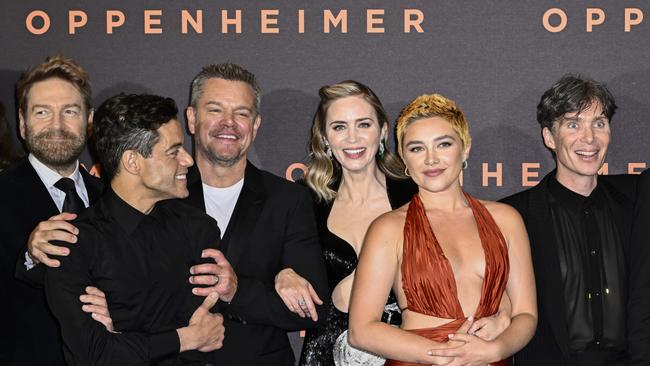
Barbie’s pink carpet in Leicester Square was replaced yesterday for the premiere of the nuclear blockbuster Oppenheimer – and the mood was considerably darker.
Looming over the proceedings was the shadow of an impending strike. The event had been pushed forward by an hour so that actors could take part before Hollywood ground to a halt. The stars of the film, including Cillian Murphy, Robert Downey Jr, Matt Damon, Emily Blunt and Florence Pugh, rushed through interviews and photographs to be in the cinema by 6pm.
But they were not there for long. Christopher Nolan, the British director, told the crowd that the actors had left “to write their picket signs”.
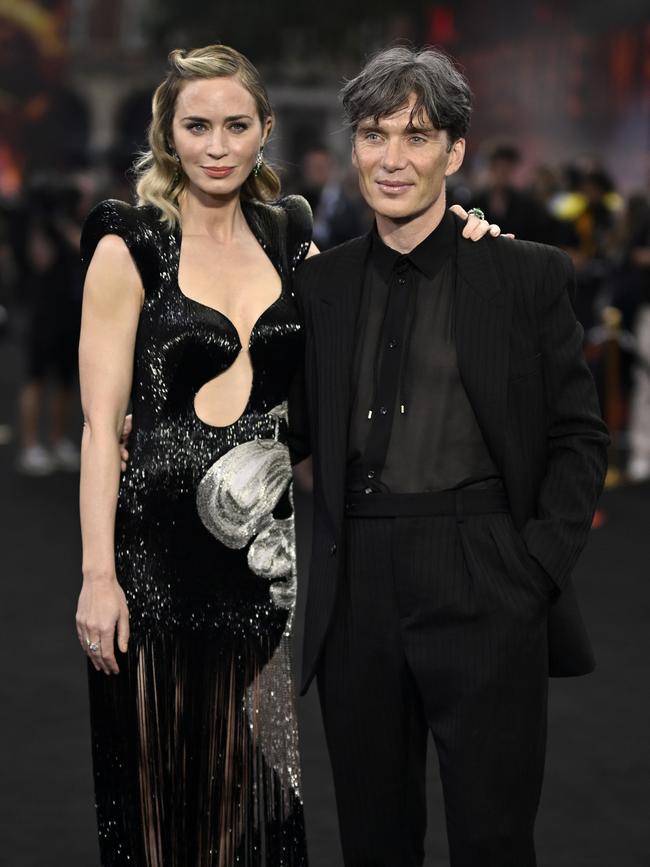
The announcement came at 8.15pm. Hollywood film and television actors had voted to join screenwriters on the picket line in the first simultaneous strike between the two groups in more than 60 years.
Members of the Screen Actors Guild – American Federation of Television and Radio Artists (SAG-AFTRA), which represents 160,000 performers, had voted for industrial action after the failure of negotiations on pay and conditions with the Alliance of Motion Picture and Television Producers, which represents studios and streaming services, such as Disney and Netflix.
The strike will force the industry to shut down production almost immediately, disrupting movies and TV as well as promotional events.
Writers have been on strike for more than two months. The actors’ union and the Writers Guild of America (WGA) are demanding better basic and residual pay – a type of royalty for reruns and other showings – which they say is crucial in the streaming era.
They are also calling for assurances that their work will not be rendered obsolete by artificial intelligence.
Francine Drescher, the president of SAG-AFTRA, who was in the sitcom The Nanny, said the studios’ responses to actors’ concerns had been “insulting and disrespectful”. She added: “The companies have refused to meaningfully engage on some topics and on others completely stonewalled us. Until they do negotiate in good faith, we cannot begin to reach a deal.”
The strike will be felt around the world. The Barbie and Oppenheimer premieres are likely to be the last events of their kind until a deal is found.
Damon said during a photocall that the reasons behind the strike were “unbelievably important”. He said: “You have to make dollars 26,000 a year to qualify for your health insurance and there are a lot of people who get across that threshold through their residual payments [for reruns or streaming deals]. There’s money being made and it needs to be allocated in a way that takes care of people who are on the margins.”
Depending on its length, the walkout could delay the Emmy awards, scheduled for September 19. San Diego Comic-Con International, a major convention to be held next week, will also be affected. Reports suggested the union was planning to allow exceptions for certain independent films.
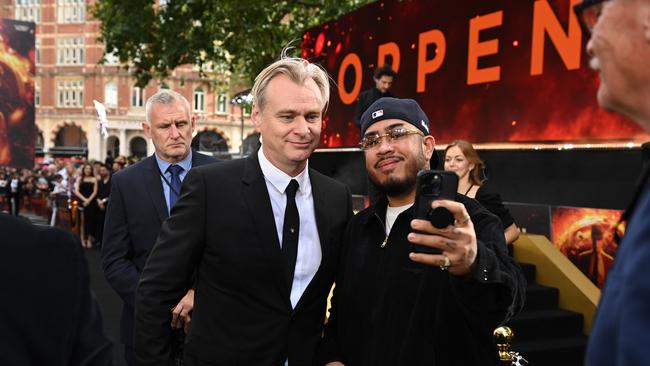
Hollywood has not faced two strikes at once since 1960, when members of the WGA and the Screen Actors’ Guild called stoppages in a fight over payments from films sold to TV networks.
The writers’ strike has already disrupted production for most of the autumn television season and halted work on big-budget films.
Bob Iger, the Disney chief executive, said writers and actors preparing to picket were not being “realistic”. He told CNBC, the cable network, the industry was still recovering from the pandemic. “This is the worst time in the world to add to that disruption,” he said.
The Alliance of Motion Picture and Television Producers said: “This is the union’s choice, not ours. In doing so, it has dismissed our offer of historic pay and residual increases, substantially higher caps on pension and health contributions, audition protections, shortened series option periods, a groundbreaking AI proposal that protects actors’ digital likenesses, and more. Sag-Aftra has put us on a course that will deepen the financial hardship for thousands who depend on the industry.”
The Times

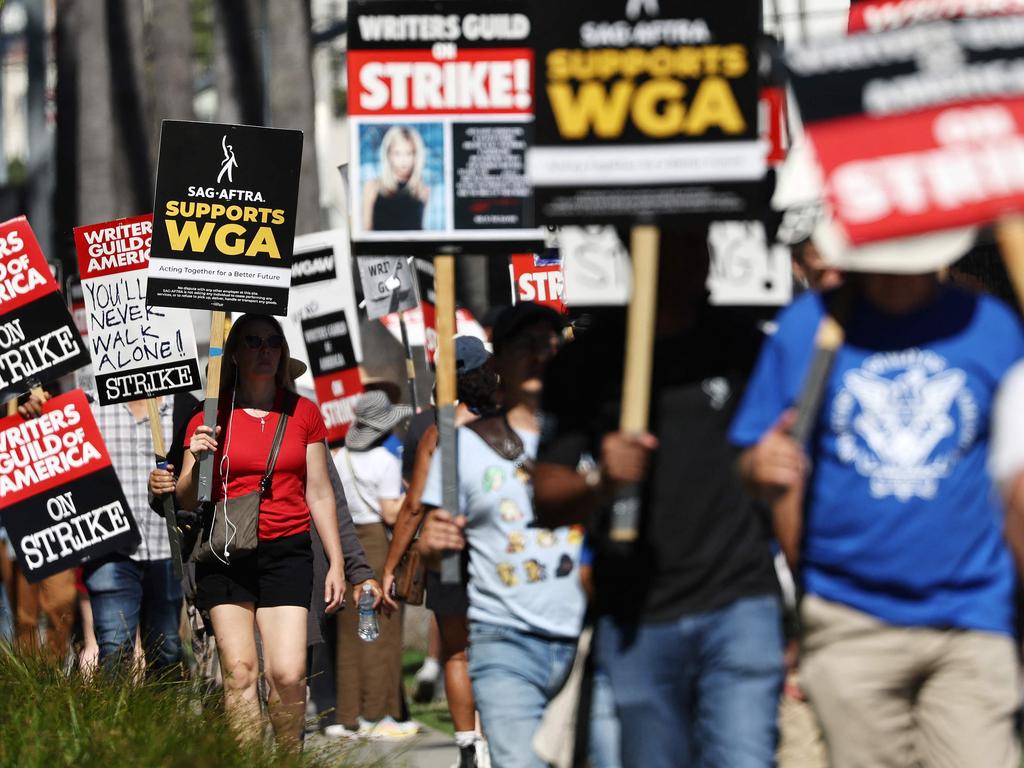
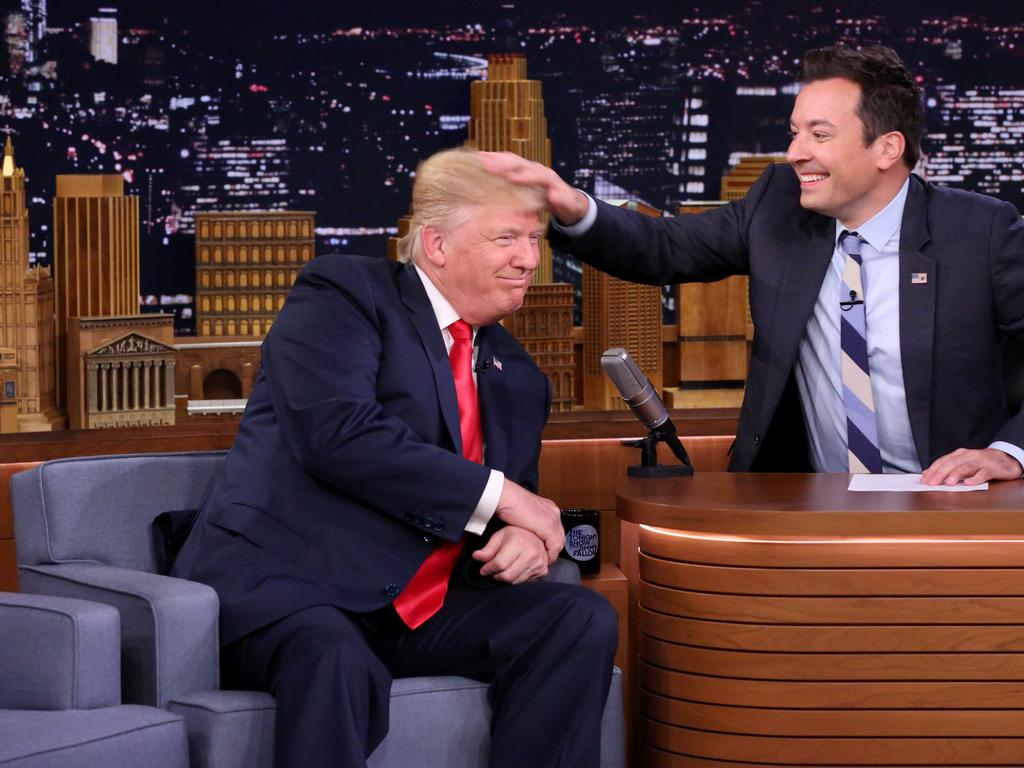
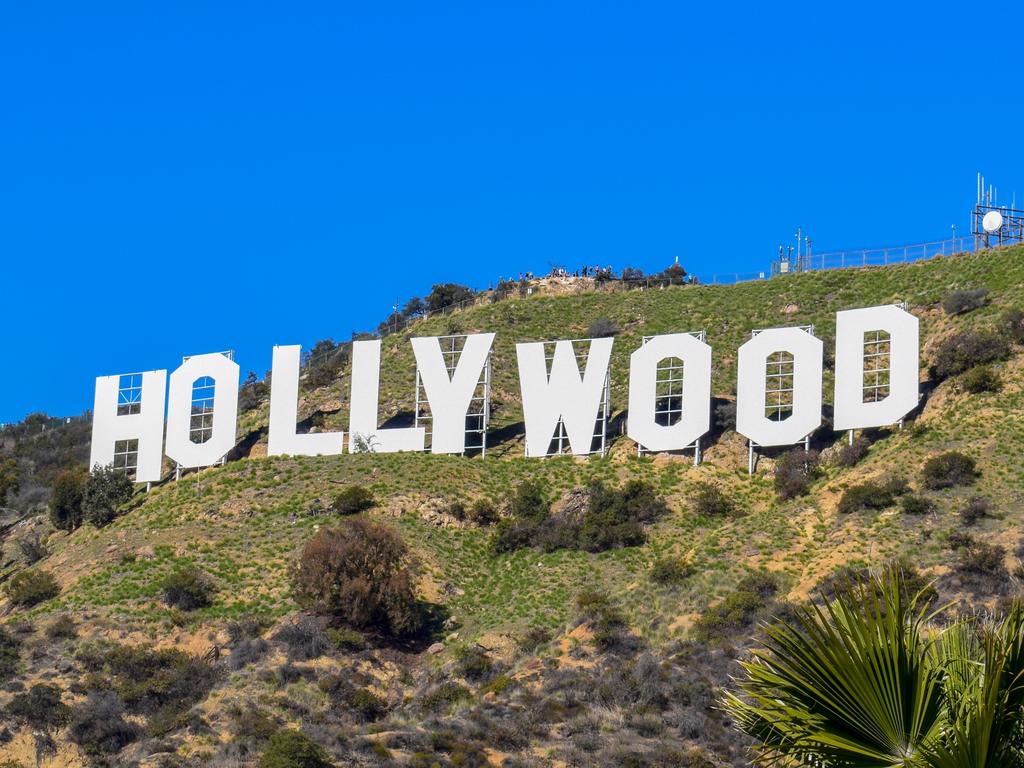



To join the conversation, please log in. Don't have an account? Register
Join the conversation, you are commenting as Logout